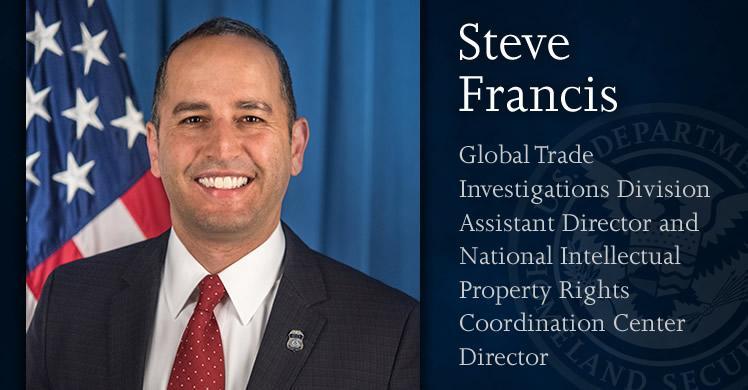With Covid-19 Vaccines Coming, Federal Investigators Grow Wary of Fraud

Investigators at the Department of Homeland Security are bracing for a new wave of fraud attempts from criminal groups that they expect will seek to take advantage of the extraordinary demand for doses of the covid-19 vaccine.
Pfizer and Moderna, the two drug companies that applied for emergency vaccine approval this week, have each said they will produce enough doses for about 20 million people this month. Health care employees, law enforcement agencies and other front-line workers are expected to be first in line.
Production will ramp up after that, but it likely will take several months for companies to make enough doses for the nation’s entire population of 330 million. Fraudsters looking to exploit that unmet demand are a concern for Homeland Security Investigations, the division of U.S. Immigration and Customs Enforcement (ICE) that announced a new operation this week to stop them.
“We’re especially concerned about financial fraud schemes, as people who are thinking they’re going onto legitimate websites are asked to provide financial or personal data,” said Steve Francis, the assistant director for global trade investigations at ICE and the head of the agency’s Intellectual Property Rights Center. “We’re trying to stay ahead of these criminal organizations, who are very creative in finding ways to try to exploit people.”
During the first phase of the ICE operation this spring, the agency targeted criminals that were trying to ship counterfeit personal protective equipment, such as fake N95 masks, as well as phony tablets of drugs like hydroxychloroquine, an unproven treatment President Trump has repeatedly promoted.
ICE has opened more than 700 pandemic-related criminal investigations since April, seizing $27 million in illicit profits and shutting down 70,000 website domains, Francis said.
The agency is more concerned about data theft and financial fraud than criminal groups shipping fake vials of the vaccine, Francis said: “We’re concerned that people will go online searching for ways to become vaccinated, and they will be asked to register to receive treatments by providing personal identifying information.”
Approximately 85% to 90% of the work of the Intellectual Property Rights Center in recent years has focused on counterfeit goods produced in China and Hong Kong, but the pandemic brought a rapid diversification. Investigative teams have disrupted fraud schemes and seized goods from at least 40 countries this year, Francis said.
“This is a global pandemic, and with PPE in high demand, criminal organizations all over the world pivoted to that,” he said.
Homeland Security officials are working with drugmakers to ensure vaccines and other products are clearly labeled, Francis said. The companies will set up hotlines to gather tips about potential fraud.
Francis said the first shipments of vaccines distributed in the United States will be produced domestically, but as production also increases globally, customs officials and other inspectors will continue to work with companies to keep fake products out of the market.
To Read The Full Story
Are you already a subscriber?
Click "Sign In" to log in!

Become a Web Subscriber
Click “Subscribe” below to begin the process of becoming a new subscriber.

Become a Print + Web Subscriber
Click “Subscribe” below to begin the process of becoming a new subscriber.

Renew Print + Web Subscription
Click “Renew Subscription” below to begin the process of renewing your subscription.












